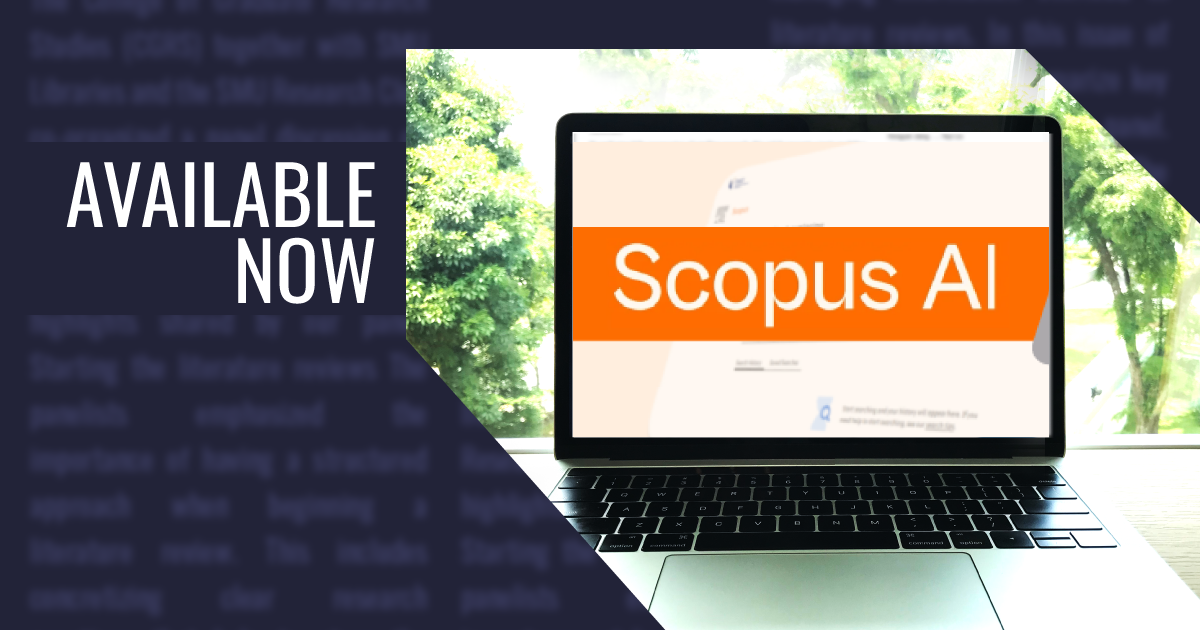
By Veronica Wang, Senior Librarian, Research & Data Services & Aaron Tay, Head, Data Services
Scopus and Web of Science are two important and well-known Abstracting & Indexing (A&I) citation databases. In February 2025, we organised two webinars to introduce and trial the two add-on AI modules, namely Scopus AI and Web of Science Research Assistant. These modules added AI features to simplify research workflow, discovery, citation analysis and collaboration.
Following a month-long trial, we decided to subscribe only to the Scopus AI module and not the Web of Science Research Assistant (though our subscription to Web of Science remains).
We thank the SMU community for providing feedback on their experiences with the two tools.
Generally, the feedback received on Scopus AI was mostly positive, and most people preferred Scopus AI over Web of Science Research Assistant. Users appreciated how Scopus AI provided relevant and detailed literature summaries.
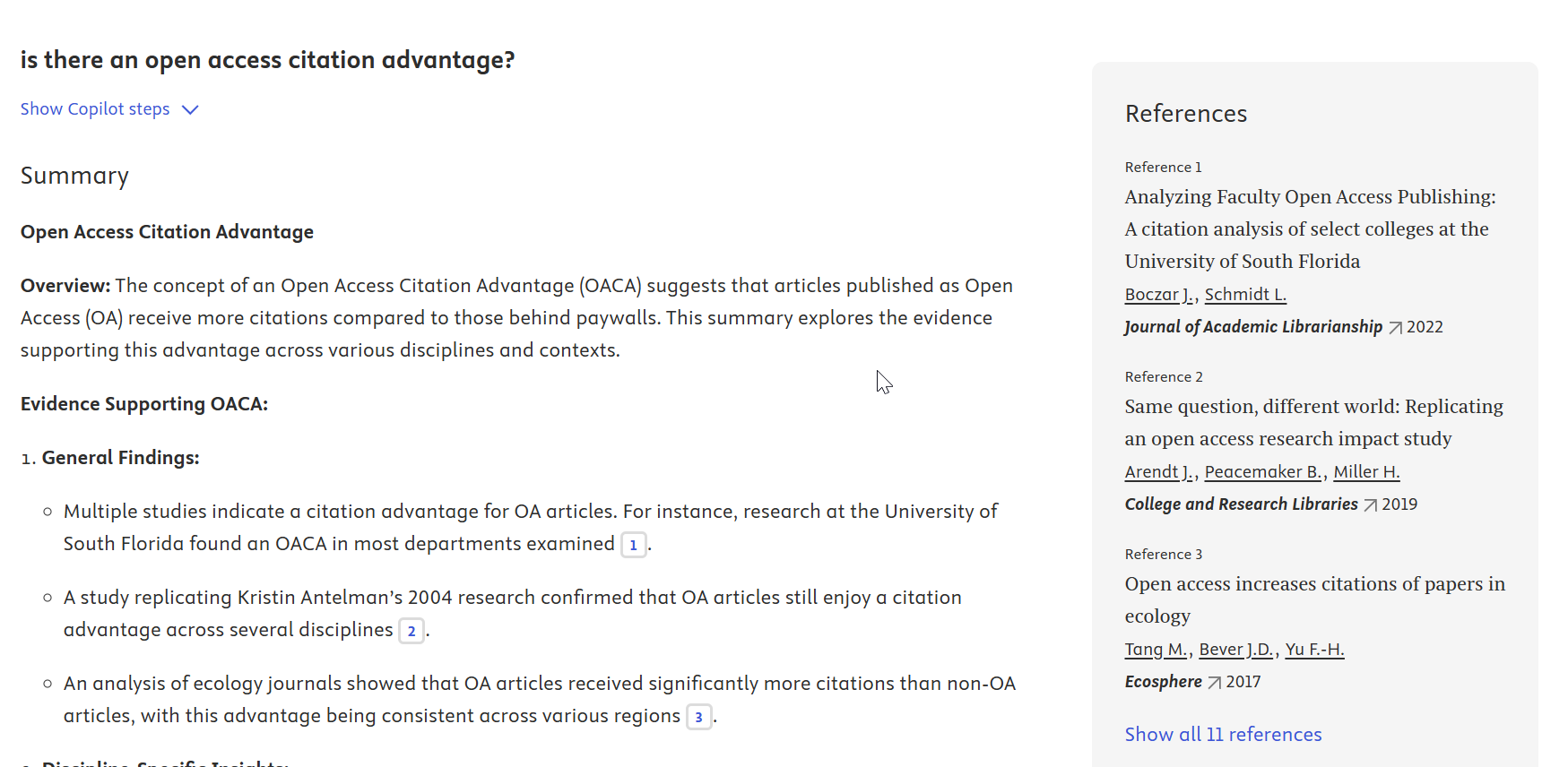
In particular, some like the generated concept maps, summary tables and highlights of emerging research trends to help them get a higher-level view of the literature.
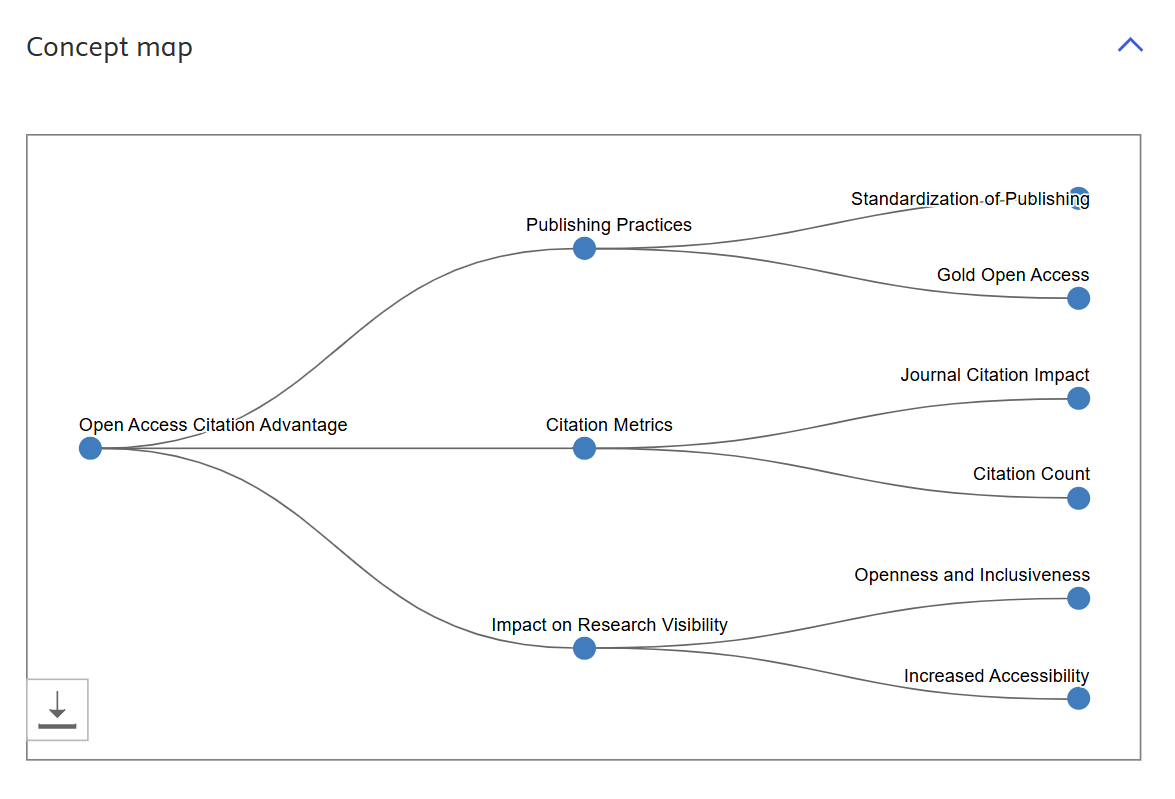
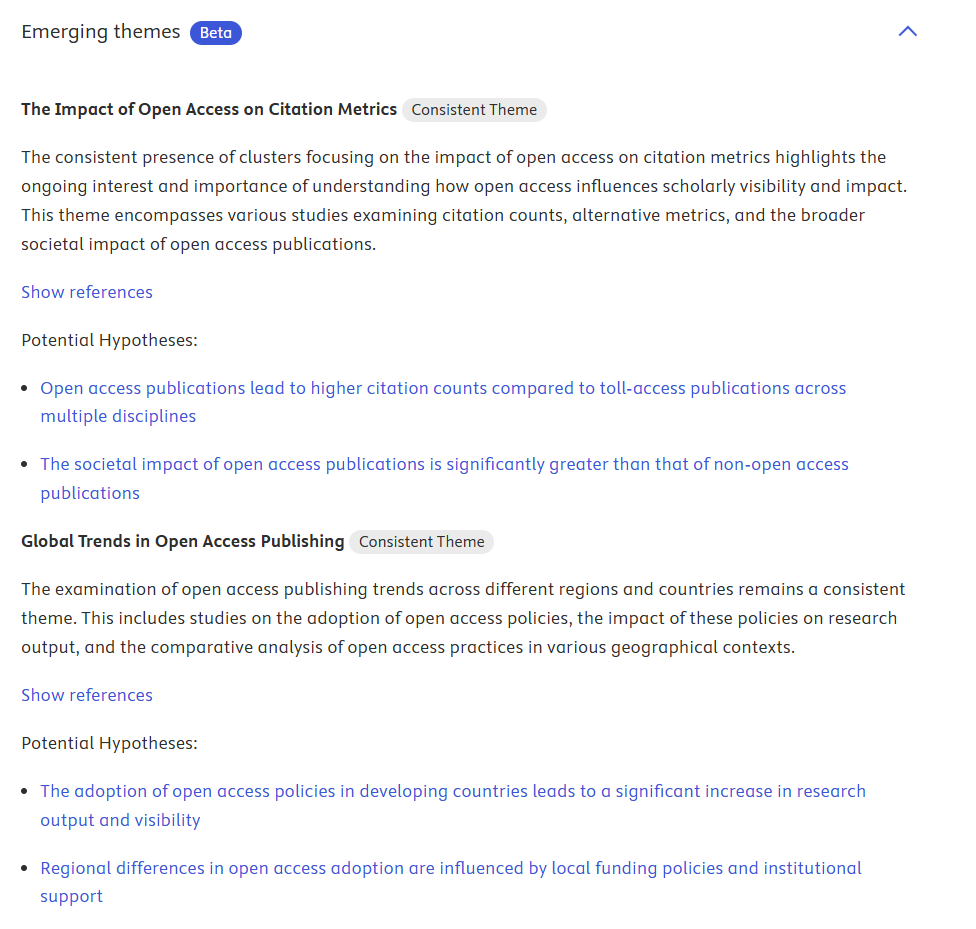
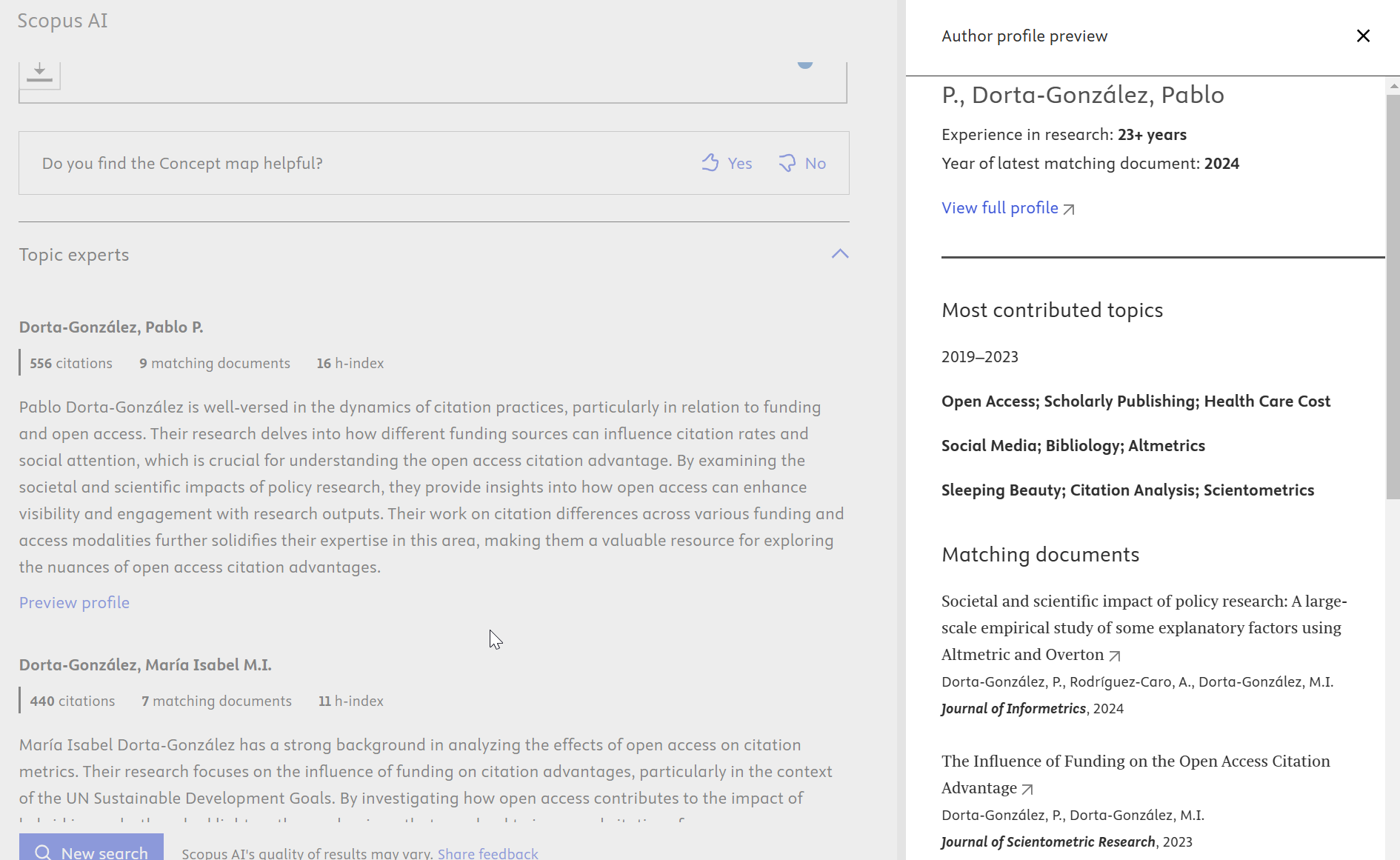
The fact that all these AI features were carried out only over articles in Scopus-indexed journals was also a large plus point, as some users appreciated the assurance of only looking at results from peer-reviewed papers from more prestigious journals. (Our other subscribed AI academic search tools such as Scite assistant, Undermind.ai, SciSpace search over a much broader set of journals).
That said Scopus AI appears to be not as good in terms of identifying topic experts and its overall performance in terms of comprehensiveness of results falls slightly behind Undermind.ai (See our review here), users thought it is still a good tool they would use complementary to other existing AI tools that we have.
To access Scopus AI, log on to Scopus and click on the Scopus AI tab.